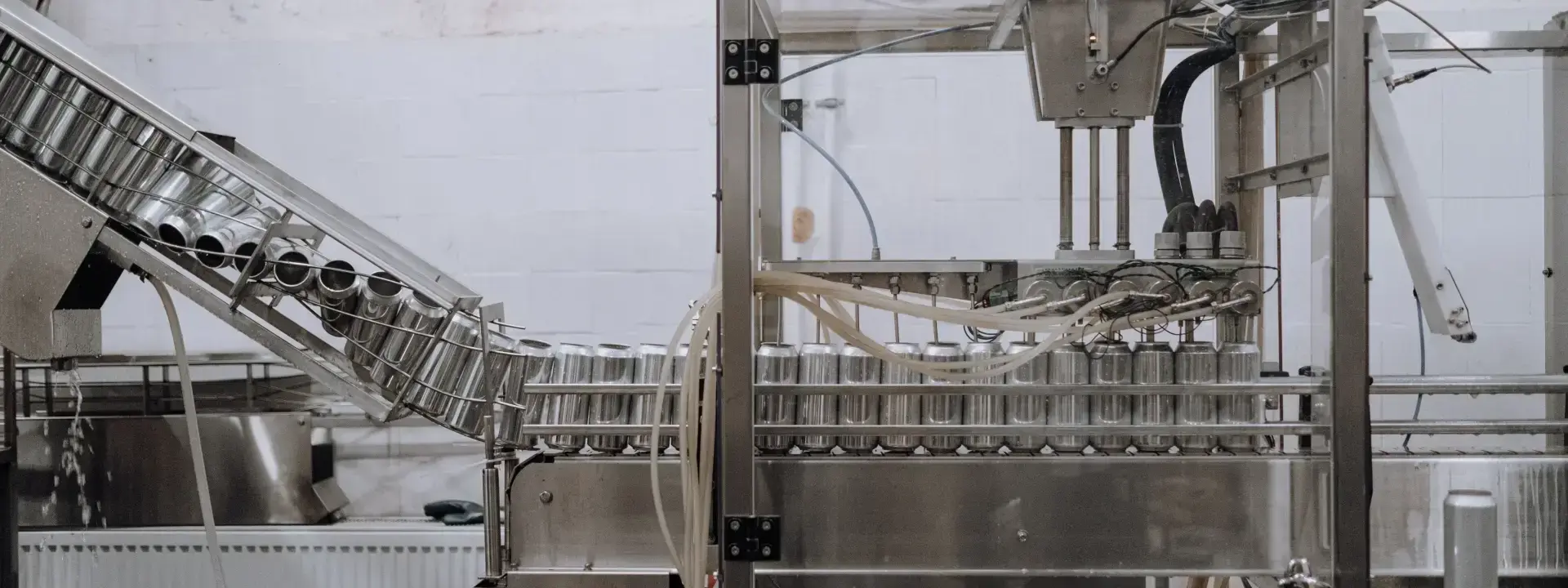
Manufacturing Engineer Job Description
What is a Manufacturing Engineer Professional?
A manufacturer is someone, or something that produces goods, either in part or entirely. This could include physical products such as furniture and clothing, components for larger items like car engines, or even large-scale machinery used in industrial processes. Manufacturers typically have complex supply chains involving multiple vendors and suppliers to obtain the necessary parts and materials needed to create their product. The final assembly of these items into complete units will usually take place at one central location where quality assurance measures can be taken before shipment out to customers. Manufacturing has been around since ancient times when humans first developed tools made from stone and wood which were then crafted into useful objects (e.g., arrows). Over time, manufacturing techniques evolved with advances in technology until mass production was possible by the 19th century thanks to machines like power looms and steam engines allowing for faster output than ever before seen on an individual level - producing hundreds of identical copies simultaneously rather than just one or two pieces by hand laboriously over many hours/days/weeks etc.. As automation increased further during the 20th century so did efficiency resulting in even more efficient methods being employed today meaning manufacturers are able to make almost anything imaginable with minimal human input required due solely aided through computer programming algorithms controlling robotic arms performing precise tasks quickly without any errors occurring along its path making it much easier than manual crafting would require otherwise!
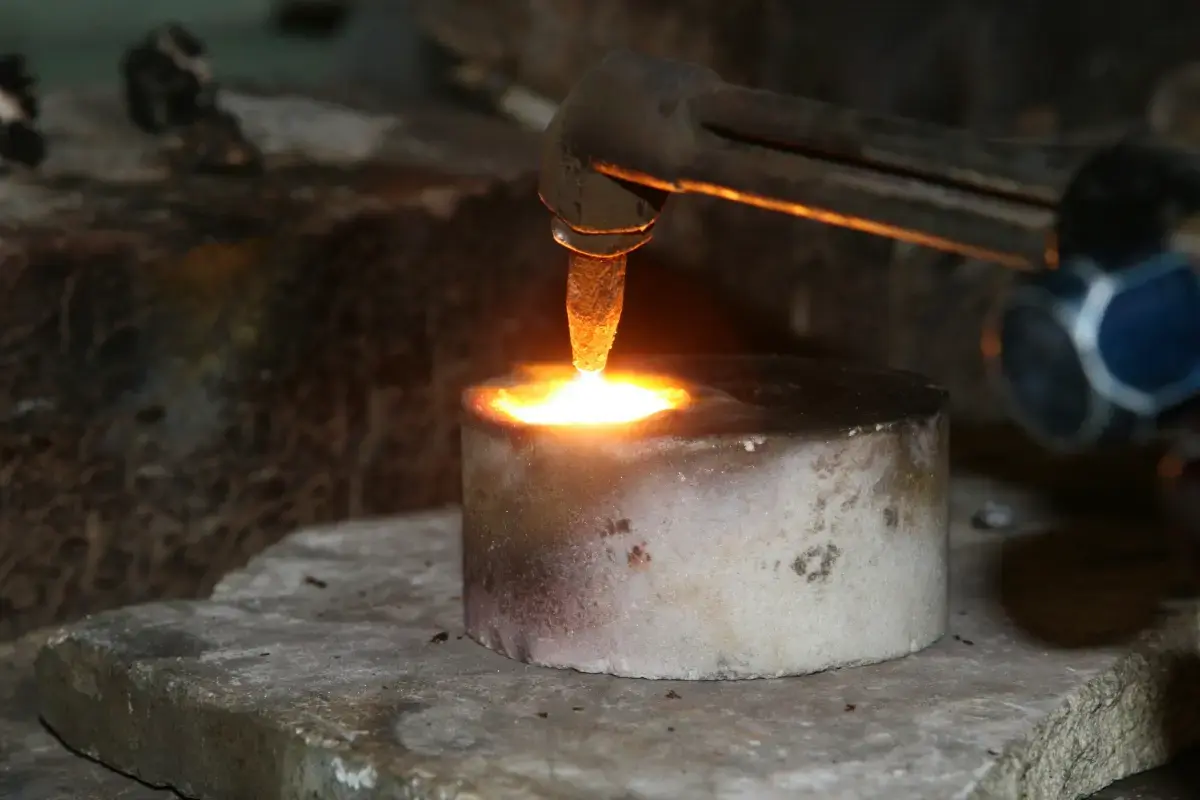
What does a Manufacturing Engineer Expert do?
The job of a manufacturer involves overseeing all aspects of production from start-to-finish including resource sourcing & procurement; managing inventory levels; understanding customer demand patterns & responding accordingly; monitoring equipment performance & safety standards; maintaining quality control measures throughout every stage; engaging third party vendors if necessary while negotiating prices etc... It also requires troubleshooting expertise should problems arise related directly back onto this process flow whether technical glitches need fixing up on some bit hardware piece involved somewhere along its journey leading right up till delivery date comes about ensuring everything gets done correctly according steadying smooth sailing operationally! In short: they must be well versed both technically knowledgeable yet possess strong soft skills too – balancing between each essential component towards delivering successful outcome eventually getting shipped off site ready buyers waiting eagerly awaiting receiving them soon enough afterwards . As technologies continue advancing we may see automated factories become more commonplace whereby entire operations can occur autonomously utilizing AI programs dictating instructions robots taking action completing appropriate tasking dictated earlier programmed protocols enabling whole lines running smoothly responsible little else but occasional check ups ensure nothing goes awry course corrections whenever needed upon emergence unpredicted events occurring unexpectedly altering preplanned schedule significantly requiring immediate attention rectifying situation moving forward again unhindered prior set plan established already having mapped out ahead scheduled previously run full length desired completion point determined beforehand once simulation tests finished confirming working order optimal condition satisfied decision finalized authorize starting real life manufacture cycle going forth immediately thereafter!.
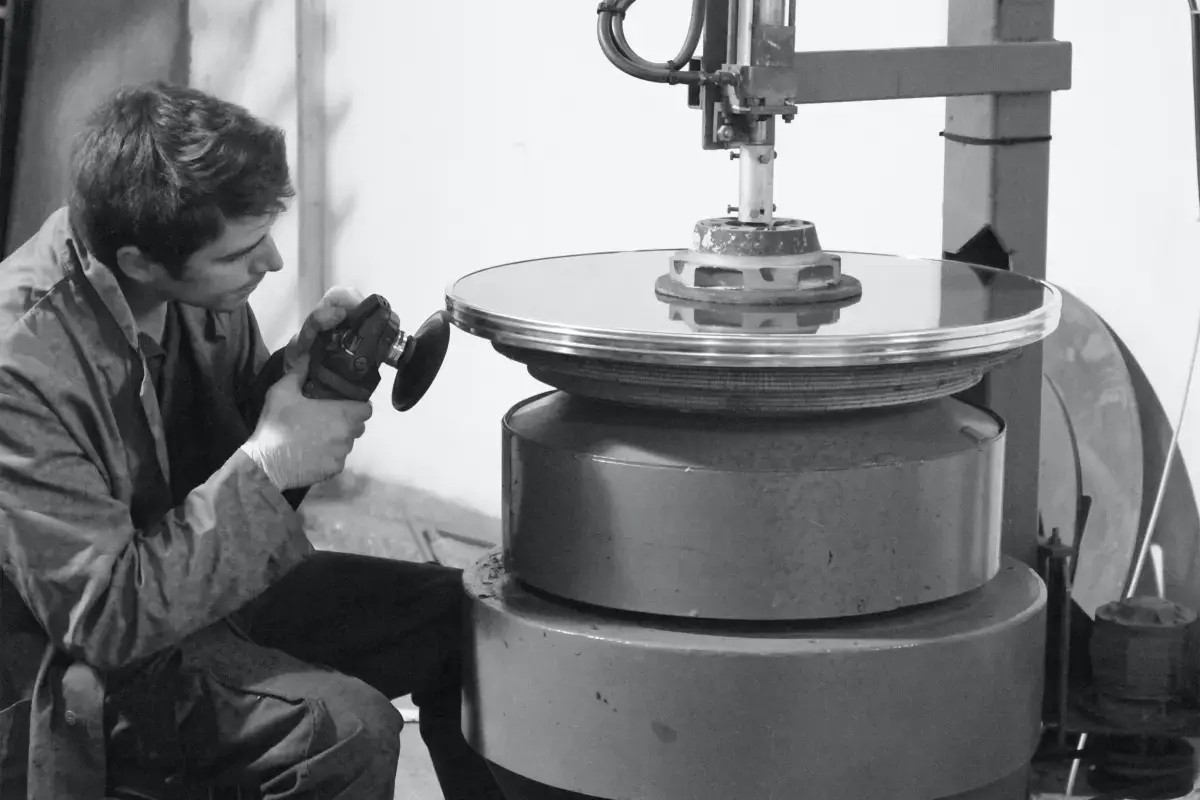
What are the Skills of a Manufacturing Engineer?
Manufacturing is a vital sector of the global economy, and it plays an important role in creating products for people to use. It involves the production of tangible goods or components from raw materials using various methods such as cutting, welding, bending, assembling and packaging. To be successful in manufacturing requires certain skills and work experience that allow someone to produce quality items efficiently while also meeting customer demands. This essay will explore what these key skills are and how they can be applied within the manufacturing industry. Types of Manufacturing Skills There are several different types of skills needed when working in manufacturing which depend on both job roles and individual company requirements. The following list outlines some common examples: • Production Planning - Being able to plan out production processes so that all elements run smoothly with minimal disruptions is essential for any manufacturer trying to optimize their workflow efficiency; this includes understanding how machines interact with each other during assembly lines and being able to identify any potential issues before they occur. Knowing how long certain tasks should take or having an eye for detail regarding safety regulations helps prevent costly errors down the line too! • Quality Control - Ensuring that only high-quality products leave factories is paramount if manufacturers want their customers satisfied; this means inspecting parts closely at every stage of production (from raw material selection through delivery) as well as maintaining accurate records about defects found along with solutions implemented afterwards – all while adhering strictly to standards set by regulatory bodies like ISO 9000 or TQM systems etcetera).
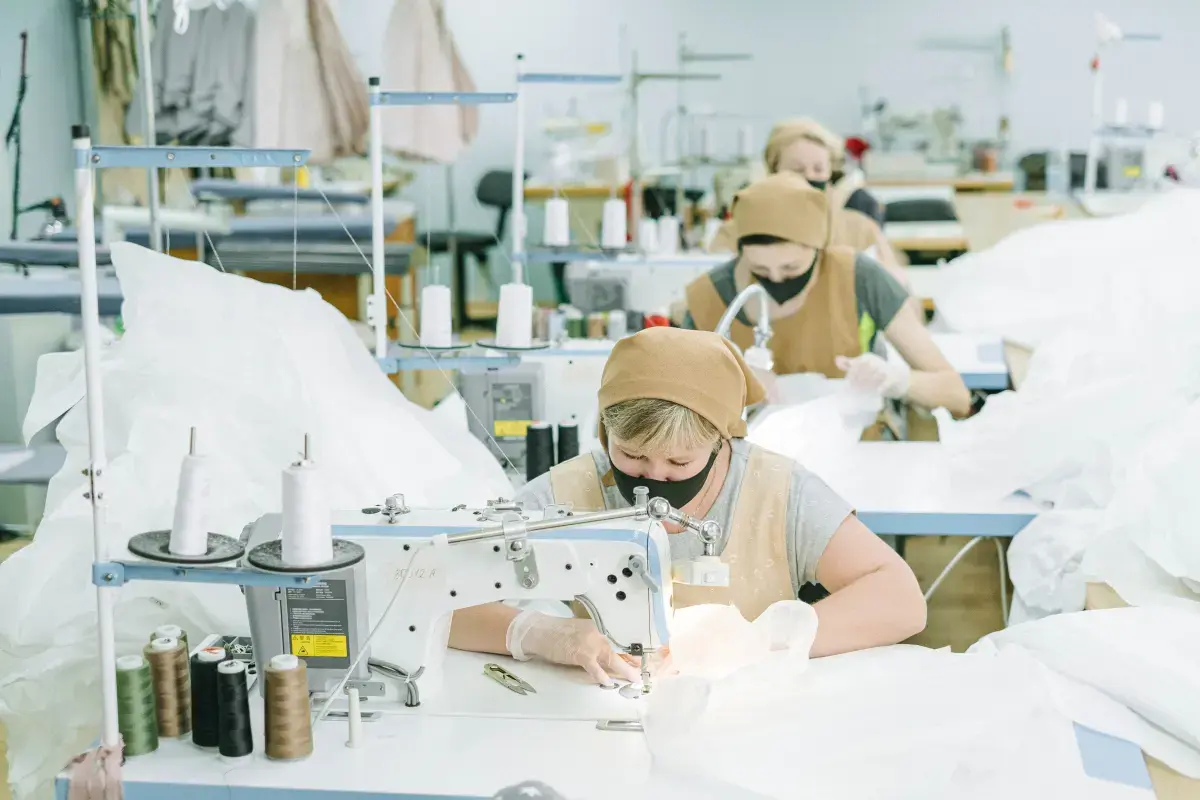
What makes an Expert Manufacturing Engineer?
Machinery Maintenance & Repair - As machinery used across industrial settings tends not only wear down but break over time due lack regular maintenance/repair checks taking place regularly (every 3 months), those who specialize here need knowledge on specific machine models including its wiring diagrams plus electrical/mechanical engineering principles necessary when performing repairs themselves without outside help whenever possible – something even more integral given recent pandemic lockdowns preventing external personnel access into factories easily anymore . • Automation & Robotics Knowledge– Aside from traditional manual labour techniques still employed today across many industries worldwide there exists modern automated robotic systems capable replacing humans where appropriate; whilst expensive upfront costs associated may prove difficult initially investments could reap rewards later providing greater accuracy levels compared against human counterparts thanks software programs installed controlling robotic arms movement accurately according applying programmed instructions correctly resulting less chance mistakes occurring producing higher yields overall than would’ve been otherwise achievable traditionally speaking though obviously requiring individuals familiar operation programming coding languages applicable scenario context order operate effectively optimally respectively • Leadership Role Management–Being responsible leading teams employees coordinate efforts towards achieving shared objectives prerequisites good manufacture leaders know delegate authority appropriately empowering subordinates complete assigned task efficiently fostering sense collaboration communication between departments organisations entire factory floor environment ensure smooth running operations throughout thus increase productivity output maximise profits bottom line simultaneously minimising wastage mismanagement timescales budgets related areas related matter accordingly typically require firmness diplomacy combined achieve desired outcomes

What level of Experience & Qualifications are required to be a Manufacturing Engineer?
Industry Experience: 1. At least 3-5 years of experience in the manufacturing industry, including direct involvement with production processes and equipment setup/maintenance. 2. Knowledge of multiple industrial processes such as injection molding, assembly operations, machining etc., and understanding how to optimize them for maximum efficiency. 3. Previous hands-on troubleshooting experience with a variety of machines and tools used in the manufacturing sector (e.g., CNCs). Training & Qualifications: 1. Bachelors degree or higher educational qualification in engineering related field like Mechanical Engineering or Manufacturing Technology (preferred). 2 .Certification from an accredited organization on quality control procedures may be advantageous but not required; e.. Six Sigma Green Belt certification is preferred by some employers 3 .Familiarity with relevant software programs such as AutoCAD or SolidWorks can also be beneficial to candidates seeking employment as a Manufacturing Engineer 4 .The ability to read blueprints accurately is important when working with various materials and components during product design process 5 A broad knowledge base about mechanical systems that are commonly employed within modern factories would also prove valuable 6 Understanding safety regulations pertaining to hazardous material handling should be incorporated into any training program 7 Familiarity regarding environmental protection laws applicable to factory settings will help ensure compliance while job hunting 8 Training must include instruction on taking initiative towards problem solving through effective communication skills both verbally & written 9 Additionally technical expertise across cost estimation lean principles inventory management root cause analysis vendor selection & IT proficiency are all highly desirable traits when considering potential employees 10 Final certifications may require passing tests which assess analytical reasoning skill levels along with practical work performance evaluation Education : 1 Degree in Industrial Engineering / Mechanical Engineering / Electrical Engineering/ChemicalEngineering 2 Relevant postgraduate qualifications
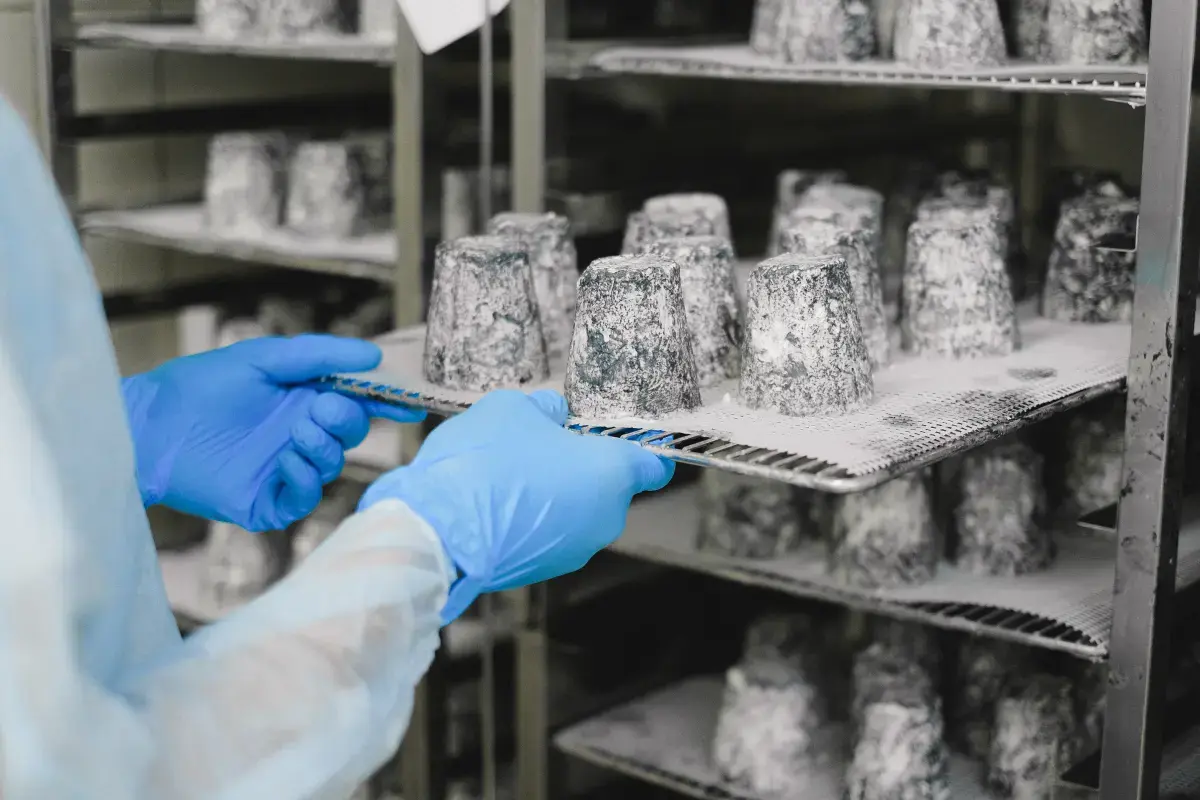
What is the Salary of a Manufacturing Engineer?
The salary expectations of a manufacturing engineer range widely depending on the level of experience and responsibility. At the junior level, entry-level engineers typically earn between $50,000 - $70,000 per year. With more education and experience in this field, salaries may increase to between $60,000 - 80,000 annually. Senior manufacturing engineers can expect annual salaries ranging from about $75k-$105k or more with additional benefits such as bonus payouts for successful projects completed within budget projections. Pay increases are often seen when moving up into managerial positions that include overseeing other employees’ work within departments such as production control or quality assurance teams at larger companies where specialization is needed to ensure high levels of output efficiency and quality standards compliance across multiple products lines simultaneously being produced. Higher paid roles involve complex problem solving while considering cost effectiveness solutions that positively impact both short term goals (ease/speed) & long term objectives (cost savings). In these cases engineering leadership responsibilities might also require working cross functionally among various departments like research & development which could further raise ones earning potential beyond what would normally be expected at their current job title designation alone due to higher demand skillsets required by senior corporate management decision makers needing technical expertise guidance before making changes strategically company wide initiatives impacting profits margin significantly over time periods stretching several years out into future investments cycles planning purposes forecasting scenarios estimates calculations return values models predicting outcomes performance best practices implementation plans
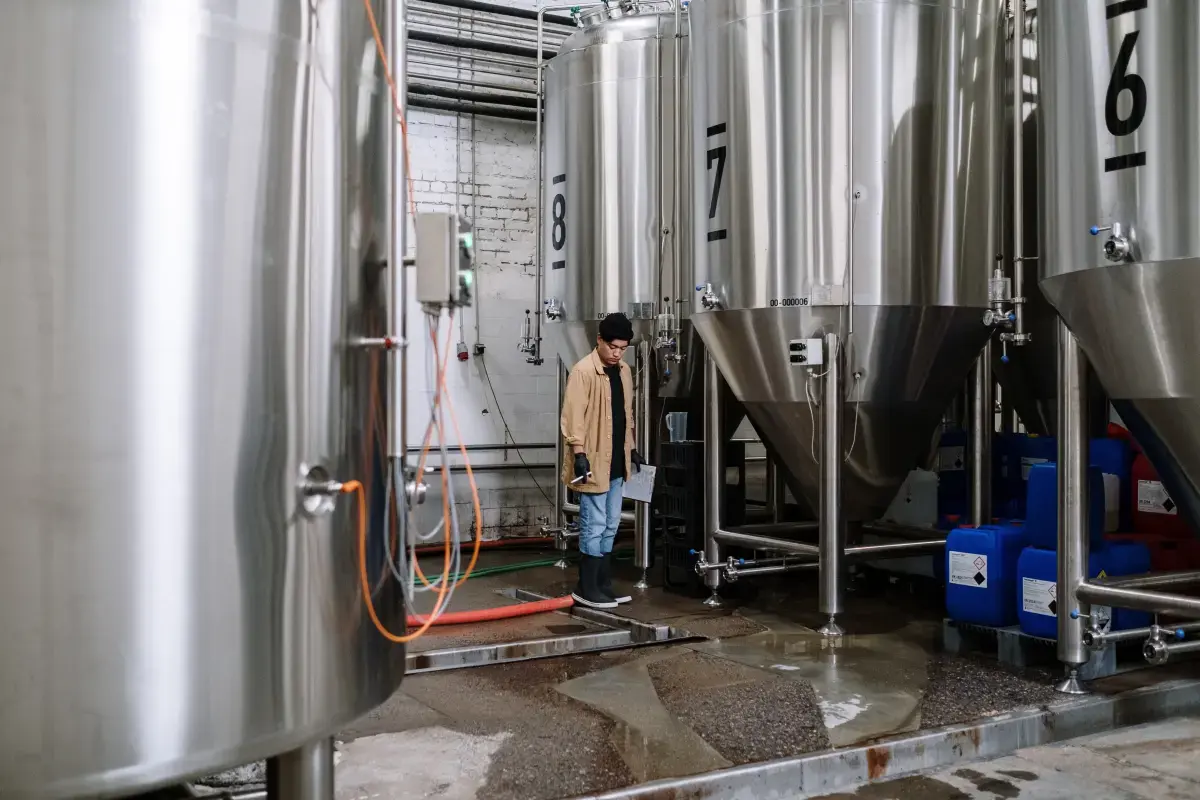
What are the Working Conditions for a Manufacturing Engineer?
Manufacturing engineers are responsible for the design, development and implementation of processes and machines used in the production of goods. They work closely with other engineering professionals such as industrial designers, mechanical engineers, electrical engineers and materials scientists to develop efficient methods for producing products that meet all quality requirements within budget constraints. Manufacturing engineers typically have office space but may also be found onsite at a manufacturing facility or laboratory where they can oversee operations more effectively. The job requires strong analytical skills combined with an understanding of mathematics, physics and chemistry principles to troubleshoot problems related to production machinery operation and performance. In addition, knowledge of computer aided design (CAD) systems is often required in order to create 3D models for prototyping purposes prior to full-scale manufacturing activities commencing. In terms of working conditions there will usually be some requirement for travel between plants or suppliers depending upon the scope of responsibilities held by a particular engineer; however this should not involve long distance travel on a regular basis unless needed due special projects or circumstances arising from specific contract obligations etc. Working hours tend vary according role type although overtime may occasionally be expected when deadlines need meeting either internally or externally imposed ones from customers/clients etc.. Generally speaking safety standards must always observed whilst carrying out any maintenance tasks which involves dealing directly with moving parts so appropriate personal protective equipment must worn accordingly
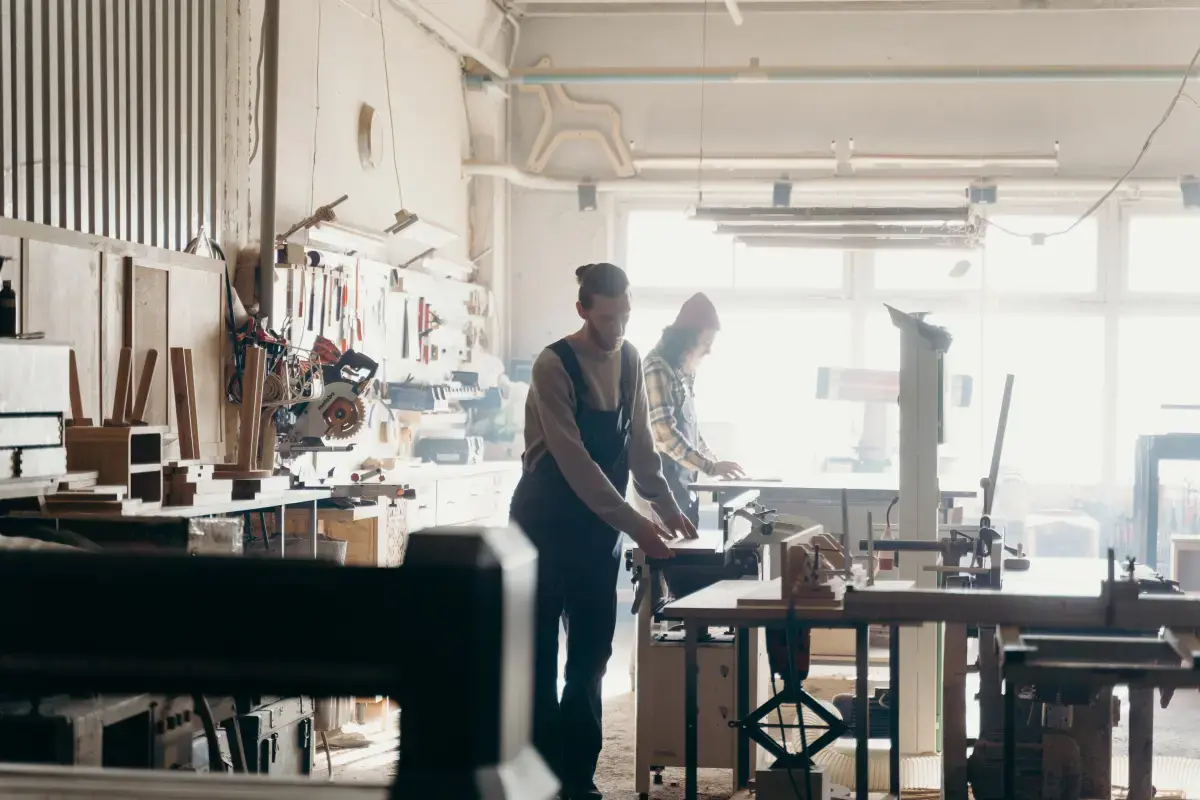
What are the roles and responsibilities of a Manufacturing Engineer?
Operating machinery
Ensuring safety protocols are followed
Monitoring production line operations
Inspecting products to ensure quality standards are met
Following detailed instructions for product assembly or packaging process
Keeping accurate records of production output, yields, etc., as required by management
Documenting any changes in the manufacturing process that may affect product quality
Loading raw materials into processing equipment and unloading finished products from lines
Maintaining cleanliness throughout the work area & Assisting in training new staff on industrial processes
Conducting regular maintenance checks on all equipment
Testing finished goods before they leave the plant
Reporting any issues or concerns to supervisors immediately
Storing materials/products according to regulations
Evaluating existing procedures for improvement
Adhering strictly to company policies

Where can I find Manufacturing Engineer jobs?
- Create a profile on gigexchange and promote your Manufacturing Engineer skills to advertise you are Open to New Work Opportunities
- Ensure your Resume (or CV), or online work profile is up to date and represents your skills and experience. Ensure your reputation reflects your ability & attitude.
- Apply for Manufacturing Engineer Jobs advertised on gigexchange.
- Practise Manufacturing Engineer interview techniques to ensure you represent your personality and ability succinctly and confidently.
- Accept the job offer if the salary meets your expectations and the employer mission and purpose reflects your core values.
Jobs
What are the best job boards for Manufacturing jobs?

How can I hire Manufacturing Engineer staff online for my business?
The best job board for recruiting Manufacturing Engineer experts is gigexchange.com. Advertise full-time, part-time or contract jobs to find, hire & recruit trusted, experienced and talented Manufacturing Engineer candidates near you.

Are Manufacturing Engineer roles in demand in 2026?
Manufacturing Engineer experts are still in high demand in 2026. If you are an experienced Manufacturing Engineer or looking to train and become one. The job market is looking strong for Manufacturing Engineer jobs near me.